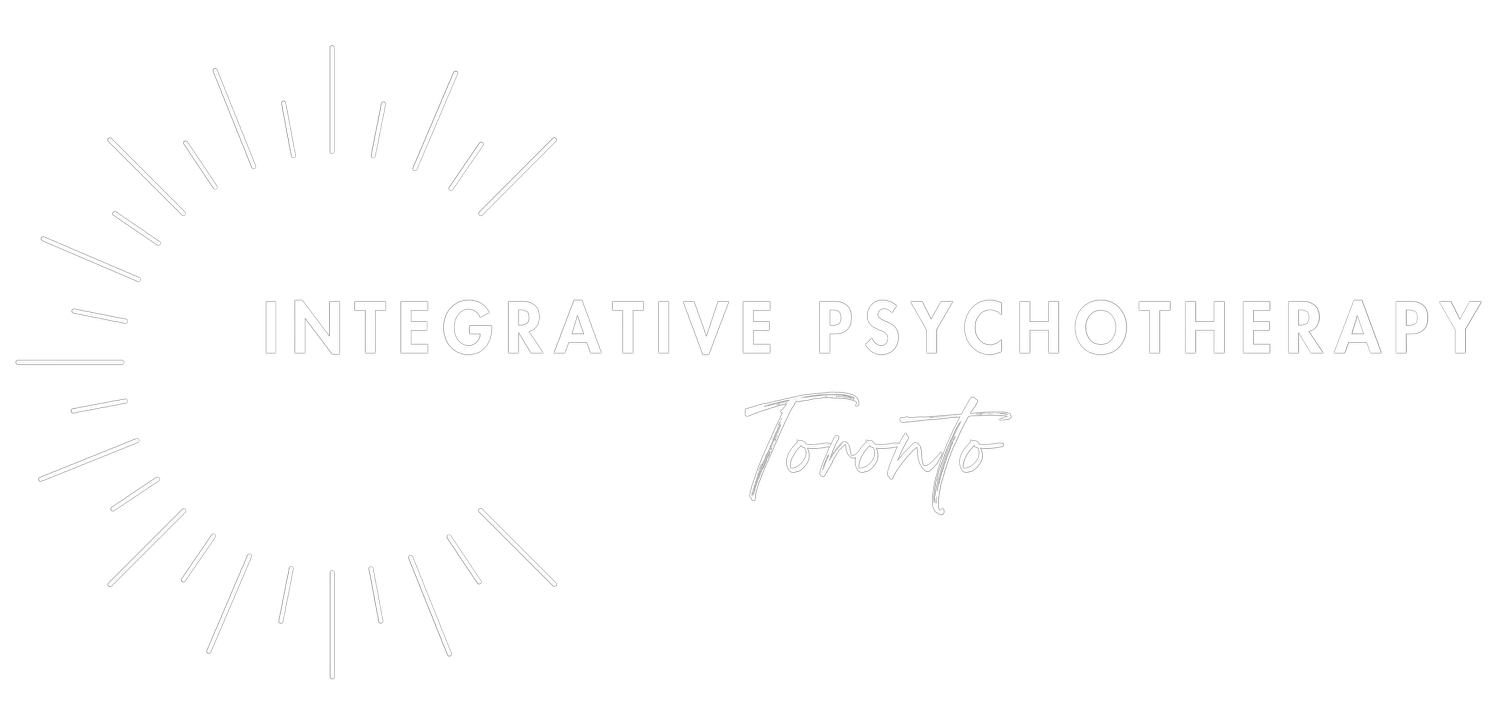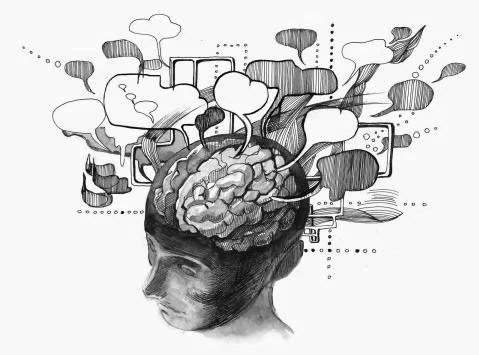Things to Think About As An EMDR Newbie
EMDR (Eye Movement Desensitization and Reprocessing) therapy has gained significant recognition and popularity in Canada as a powerful tool for healing from trauma, anxiety, and various emotional challenges. If you're considering EMDR therapy in Toronto, you're embarking on a journey toward emotional healing and growth. This blog post will provide insights into the EMDR process, its benefits, and strategies, and what to expect from your first EMDR therapy session.
What To Expect When Seeing an EMDR Therapist for the First Time
Before diving into your first EMDR therapy session, it's natural to wonder about the initial encounter with your therapist. This phase is crucial as it sets the foundation for your therapeutic journey. During this phase, you can anticipate a series of important steps that ensure your EMDR experience is tailored to your needs and conducted within a supportive and collaborative environment.
Assessment and Preparation
Your first meeting with an EMDR therapist serves as an opportunity for mutual understanding and connection. The therapist will initiate a comprehensive assessment, which involves delving into various aspects of your life and mental health. This assessment is conducted with sensitivity and respect, aiming to gain insights into your unique background and experiences.
During this assessment, you'll likely be asked to share information about your personal history, including significant life events, relationships, and any trauma you've experienced. This process allows the therapist to understand your emotional landscape better, identify potential triggers, and ascertain your current emotional state.
Moreover, the assessment phase is an essential platform for establishing a safe and trusting therapeutic relationship. Your therapist will create a space where you feel comfortable expressing yourself without judgment. The bond formed during this phase is instrumental in ensuring that you feel heard, understood, and supported throughout your EMDR journey.Education About EMDR
As you embark on your EMDR therapy journey, your therapist will provide you with a clear and comprehensive overview of what EMDR therapy entails. They will take the time to explain the fundamental principles, methodologies, and scientific basis that underpins EMDR. This educational component is designed to demystify the therapy process and alleviate any apprehensions you may have.
Your therapist will address any questions or concerns you bring to the table, ensuring that you have a solid grasp of what to expect during your sessions. They will clarify the purpose of bilateral stimulation, which could involve eye movements, sounds, or tactile sensations, and how it aids in processing distressing memories and emotions.
By thoroughly educating you about EMDR, your therapist empowers you to engage in the therapy process actively. You'll develop a deeper understanding of how EMDR works to reprocess memories and alleviate emotional distress, which in turn enhances your investment in the therapy and your potential for positive outcomes.Setting Treatment Goals
Collaboration is at the heart of EMDR therapy, and your first session will involve setting treatment goals in partnership with your therapist. You'll outline specific objectives you wish to achieve through EMDR therapy. These goals provide a roadmap for your sessions, offering a clear direction and purpose for your therapeutic work.
Your therapist will assist you in identifying aspects of your life that you wish to explore and enhance. Whether your aim is to work through a traumatic memory, alleviate anxiety, conquer phobias, or strengthen emotional resilience, these objectives will act as guiding lights, shaping the trajectory of your therapy sessions.
Furthermore, the establishment of treatment goals facilitates the measurement of progress over time. As you move through your EMDR therapy journey, you'll have a tangible way to track your advancements and celebrate your achievements. This goal-oriented approach enhances motivation and provides a sense of accomplishment, contributing to your overall therapeutic experience.
In summary, your first encounter with an EMDR therapist is a foundational step that encompasses assessment, education, and goal-setting. This phase ensures that you and your therapist are aligned in understanding your needs and objectives, creating a solid basis for the transformative work that lies ahead in your EMDR therapy sessions.
What Happens in EMDR Sessions
Once you're familiar with the basics, your EMDR sessions will progress through several distinct phases:
Preparation: You and your therapist will continue to build rapport, discuss coping strategies, and prepare you for the upcoming processing work.
Assessment and Target Identification: In this phase, specific memories or triggers will be chosen for reprocessing. You'll explore associated thoughts, feelings, and bodily sensations.
Desensitization & Reprocessing: Using bilateral stimulation, often through eye movements, you'll focus on the chosen memory while allowing associated emotions and sensations to arise and dissipate. During this phase, the brain processes the targeted memory or trigger, digesting any maladaptive thoughts, emotions and sensations associated with it and forming new ones.
Installation: Positive beliefs and emotions are cultivated to replace negative associations, promoting emotional healing and resilience.
Body Scan: You'll address any residual tension or discomfort in your body related to the targeted memory.
Closure: At the end of each session, your therapist will help you stabilize and return to a state of equilibrium.
Key Benefits of EMDR Therapy
EMDR therapy offers a range of benefits for individuals seeking emotional healing and personal growth. Some of the key advantages include:
Effective Trauma Resolution: EMDR has shown remarkable success in helping individuals process and heal from traumatic events, reducing the distress associated with these memories.
Quick Results: Compared to traditional talk therapy, EMDR often yields quicker symptom reduction and emotional recovery results.
Lasting Change: EMDR aims to address the root causes of emotional challenges, leading to more sustainable and lasting improvements in mental well-being.
Minimized Reliving: The structured nature of EMDR therapy allows you to process traumatic memories without continuously reliving distressing experiences.
How to Get the Most Out of Your EMDR Therapy Experience
To ensure a successful EMDR therapy journey, consider the following tips:
Open Communication: Build a strong rapport with your therapist by openly discussing your thoughts, feelings, and concerns. This will help tailor the therapy to your unique needs.
Practice Self-Care: Engage in self-care activities between sessions, such as journaling, mindfulness, and relaxation techniques, to support your emotional well-being.
Patience and Trust: Trust the process and be patient with yourself. Emotional healing takes time, and progress may unfold gradually.
Consistency: Attend your therapy sessions consistently and actively participate in the process to maximize the benefits of EMDR.
Talk to an EMDR Therapist Today
If you're considering EMDR therapy, taking that first step can be transformative. Reach out to a licensed EMDR therapist to begin your healing journey and experience the positive changes EMDR can bring to your life.
At Integrative Psychotherapy Toronto, we stand as a dedicated partner on your path to healing and transformation. Our dedicated team of seasoned psychotherapists is devoted to creating a secure and nurturing space for you to delve into and address present obstacles as well as past wounds.
Whether your goal is to triumph over trauma, effectively manage anxiety, alleviate the weight of depression, or navigate through other emotional obstacles, our array of specialized therapies, such as somatic psychotherapy, EMDR, and IFS, provide potent instruments for catalyzing transformative change. We help you unlock the potential for profound healing and lasting resolution by engaging with your body's wisdom.
Contact us today to schedule a consultation and embark on a path toward a happier, healthier, and more fulfilling life.
Looking for More?
If you’re interested in learning more about EMDR, we have lots of information to geek out on! You might enjoy:







